Writing: Poetry
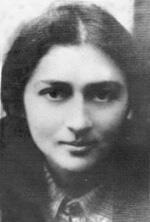
Mire Gola
A passionate idealist, Mire Gola organized anti-German resistance in World War II as a Communist in occupied Poland. She inspired others with her eloquent poetry and her fortitude through imprisonment and torture.
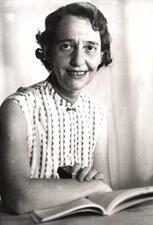
Lea Goldberg
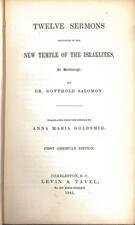
Anna Maria Goldsmid
Anna Maria Goldsmid was a Victorian Jewish advocate of women’s education and Jewish emancipation who made a name for herself as a translator, lecturer, philanthropist, and poet.
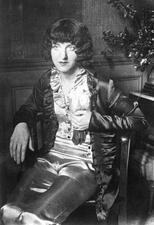
Claire Goll
Claire Goll’s poetry and prose were fueled by the tragedies and scandals that shaped her life. She and her husband, writer Yvan Goll, were central cultural figures of the French avant-garde, and her prolific body of work includes journalism, multiple novels, short fiction, and numerous translations of other authors’ works.
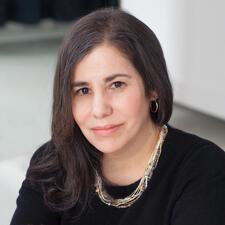
Amy Gottlieb
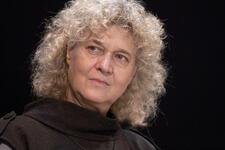
Michal Govrin
Michal Govrin, born in 1950 is an Israeli poet, writer, and stage director. She takes a highly individualized perspective on Israeli-Jewish post-Holocaust reality by combining artistic experimentation with Biblical and Rabbinic sources and philosophical discourse. In her poetry, prose and essays she examines places and spaces within a polyphonic context of architecture, art and theater, the sanctity of land, and the national narrative.
Aliza Greenblatt

Hagar: Apocrypha
Reference to Hagar appears in a wisdom poem (Bar 3:9–4:4) that is itself part of an apocryphal letter written sometime between 200 to 60 B.C.E. to the priests and people of Jerusalem from Baruch, the scribe and close friend of Jeremiah (Jeremiah 36).
Käte Hamburger
Käte Hamburger was a German literary scholar and philosopher who developed a philosophical theory of literature.
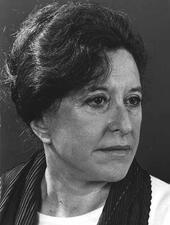
Shulamith Hareven
Born in Poland in 1930, Shulamith Hareven was an Israeli poet, author, essayist, and political activist. From capturing the lingering pain of Holocaust survivors to describing the harsh conditions of Palestinian refugee camps, Hareven used her writing to push Israelis to confront uncomfortable truths.
Marion Hartog
Marion Hartog and her sister Celia published influential poetry and books on Jewish themes, including works that were among the first fictions ever published by Jewish women anywhere in the world. Hartog later created and edited the first Jewish women’s periodical in history, The Jewish Sabbath Journal.
Haskalah Literature: Portrayal of Women
The image of women in Haskalah literature reflects the relationship between the sexes in eighteenth- and nineteenth-century Ashkenazi Jewish society and European culture. But Haskalah writers wished to shape new patterns of male-female relationships among their reading public; to change, at least partly, the attitude of men towards women; and to ‘improve’ women’s conduct within the home and community.
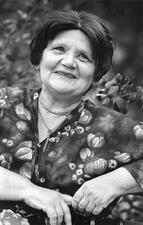
Hebrew Song, 1880-2020
Hebrew song as a whole, including songs of Erez Israel and the State of Israel, is a unique socio-cultural phenomenon that has developed over time. The dawning of Hebrew song can be traced to the period between 1880 and 1903, and it has grown to reflect the diverse aspects of Israeli society since then. The contribution of women to Hebrew songs, in general, has risen steadily over the years.
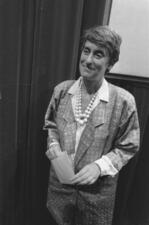
Judith Herzberg
Judith Herzberg is a Dutch Jewish poet, essayist, screenwriter, and professor who has been hailed as one of the greatest living Dutch poets for her ability to imbue everyday objects with unexpected meaning. Making her debut as a poet in the early sixties, Herzberg has written poems, essays, plays, film scripts, and television dramas, with many translations and adaptations to her name.
Holocaust Literature
Literature by and about women and the Holocaust explores the impact of the Nazi genocide on women during and after the war, its impact on subsequent generations, and the reflections of women on the implications of the Holocaust. Encompassing a range of literary genres, including fiction, poetry, drama and memoir, women’s Holocaust writing explores the intersection of history, imagination, Jewishness and gender.
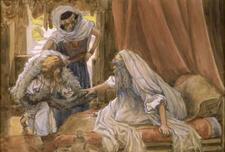
Rebekah Gumpert Hyneman
Rebekah Gumpert Hyneman was one of a small group of American Jewish women who published their work in the nineteenth century. She used her writing to showcase her love and devotion to Judaism. In her work, she encouraged American Jews to resist assimilation and understand the significance of their religion and also aimed to educate uninformed and anti-semitic non-Jews.

Israeli Women's Writing in Hebrew: 1948-2004
Women writers faced many obstacles in the early years of modern Hebrew, but by the end of the twentieth century they had overcome marginalization to become a central part of the country’s literature. The achievements of women’s writing in Hebrew rank among the unquestionable triumphs of Israeli feminism.
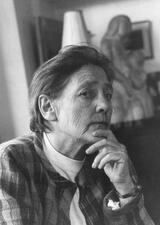
Marie Jahoda
Marie Jahoda was a major figure in social psychology, known for her work on the effects of unemployment on emotional well-being, as well as the social impact of McCarthy-era blacklisting. Jahoda received an award for distinguished contributions to the public interest from the American Psychological Association in 1979.
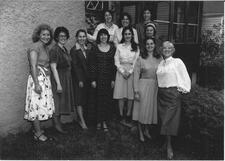
Women, Music, and Judaism in America
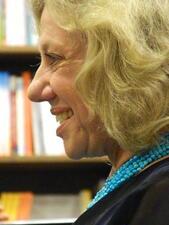
Erica Jong
Erica Jong is an American writer most famous for her bestselling novel Fear of Flying (1973). Sometimes controversial in her role as a media celebrity, Jong has published novels, poetry collections, memoirs, works of literary criticism, and literary anthologies, most often focusing on the explicit expression of women’s sexuality and neglected or untold stories of contemporary and historical women.
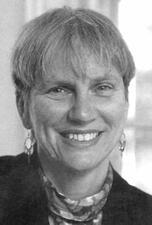
Judaic Studies in the United States
When the Association for Jewish Studies (AJS) was established in 1969 as the professional organization of scholars in the interdisciplinary field of Judaic studies, there were no women among its founders. Within the past few generations, however, a field that was traditionally dominated by men has gradually witnessed the emergence of many women scholars.
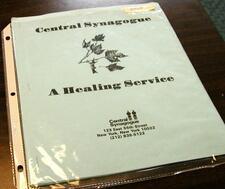
JWRC: Eleanor Leff Jewish Women's Resource Center
Miriam Kainy
Miriam Kainy, Israel’s first established woman playwright, won the Israel Prime Minister’s Literary Prize in 1997. All sixteen of her plays were written in Hebrew and produced by Israel’s established theater companies. Kainy has also written manuscripts for radio and television and adapted dramas from English and Yiddish into Hebrew.
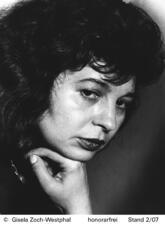
Mascha Kaléko
Mascha Kaléko was a German-Jewish poet whose literary works have made her a mainstay of the German poetic cannon. She is best known for content, diction, rhythm, and Kalékoesque rhyme.
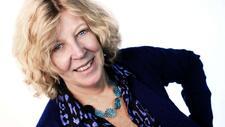
Tamara Kamenszain
Tamara Kamenszain, born in 1947, was a highly regarded Argentine poet. She was also a literary critic especially interested in avant-garde poetry and in questions of gender in literary expression. Women’s experience and Jewish identity are among the themes of her poetry.


